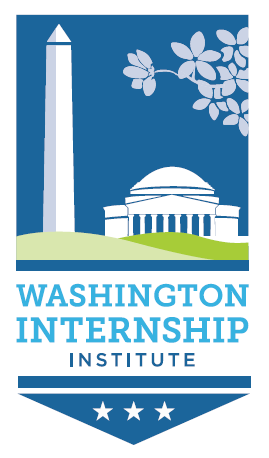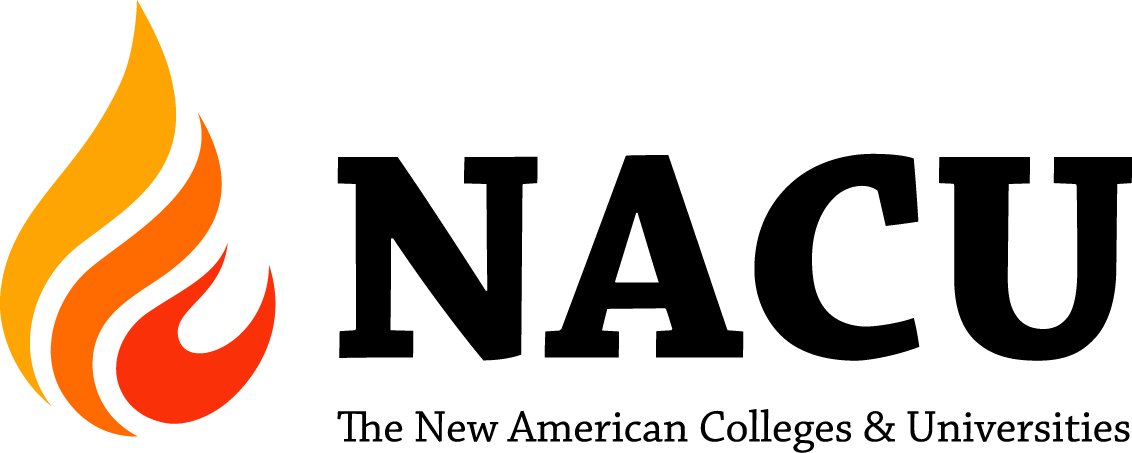Making Language Messy
/One of the topics we focus on during our orientation for students is communication: not just tips about workplace communication, but about actual, face-to-face communication, the kind of communication we are increasingly kept from as we bury our noses in our phones and earbuds into our ears.
When we discuss discussion, conversation, and communication, we talk about the fear that I think many of us have of actually engaging in conversation because it can be messy: unlike a text message, we can't edit it and we can't just stop it. We have to respond (out loud or through body language), and we have to sometimes clarify what we mean.
I think that we aren't very good at that anymore because often our conversations--in person or online--tend to happen in private: our texts, our tweets, our Facebook messages, our Snapchats are often to people who know us, who know what we mean, even before we say what we want to say. It makes us a bit lazy, really: it keeps us from having to explain ourselves because our audience already knows us.
In the context of this year's election and some recent goings-on at universities, writer Nathan Heller put forward a call that I wholeheartedly agree with:
I’ve increasingly found myself a supporter of messy public process: the legislation pushed through government slowly, in curtailed form; the interminable, fruitless-seeming town-hall meeting; many of the government’s lumbering, error-prone efforts at regulation. These processes are cumbersome, often wasteful, and inevitably infuriating. But at their best they have the virtue of occurring in a common arena, the place where all parts of a population meet. They force us, if we hope to get anything done, to translate our values and thoughts into language that communicates broadly. The more I observe, the warier I grow of privatized efficiency: in time, it indulges clannish thought. Let’s drive our language out of private circles, back toward the public sphere.
This kind of public talk forces us to build bridges, to explain ourselves, to clarify thought, and to teach. What I mean by that goes back to that old adage about not really knowing something until you teach it; when you have to teach something to someone else--translating that topic into something easily understandable to another who may have no experience with that topic--it forces you to be clear, comprehensible, and balanced. Let's teach each other to talk again, and drag our private, closed, and insular conversations into the light of the public square. As Heller notes, our founders relied upon this kind of discourse and saw it as a bedrock of our democracy; I also think it's fundamental to us as students, workers, teachers, and human beings.



